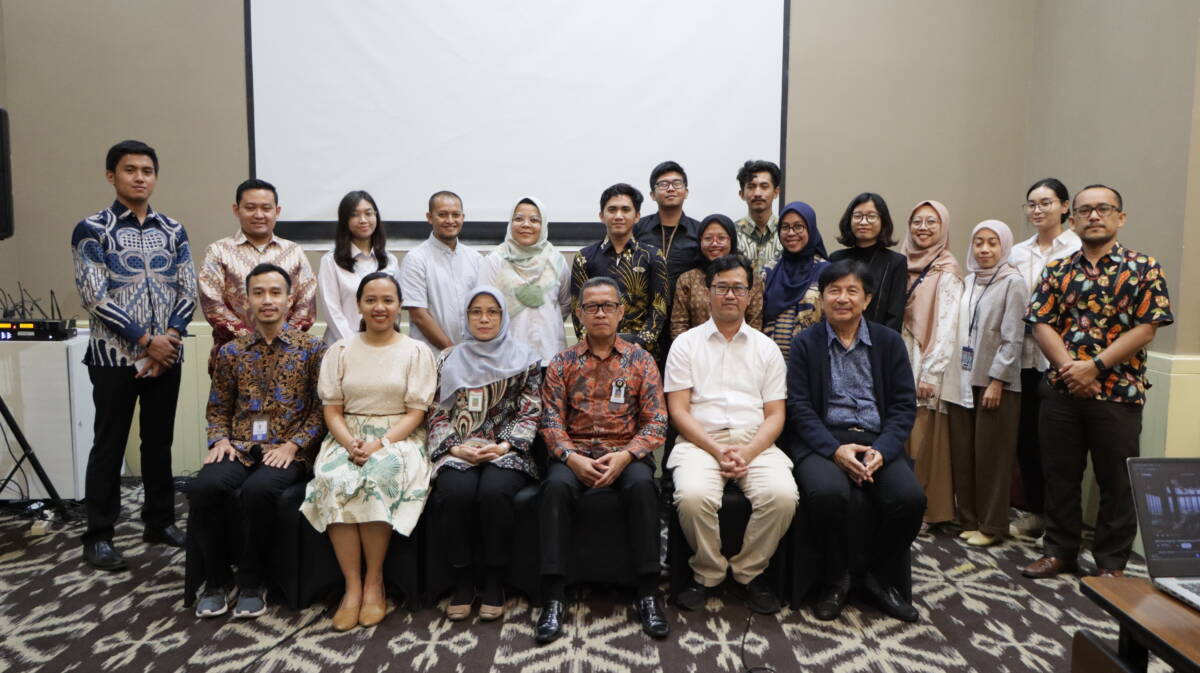Jakarta, 12 October 2023 – Energy conservation is one of the decarbonization efforts that can be carried out with minimal costs and relatively less effort than building new power plants. Unfortunately, this effort is still the second priority in Indonesia’s decarbonization agenda.
In order to encourage the acceleration of energy conservation actions, the government issued Government Regulation no. 33 of 2023 which regulates energy conservation in various sectors. Tavip Rubiyanto, Head of ESDM Subdivision, Directorate of Synchronization of Regional Government Affairs I, Directorate General of Regional Development, Ministry of Home Affairs, explained that Indonesia’s energy needs will continue to increase along with the increase in population and per capita economic growth.
According to him, the Indonesian government has made an international commitment to limit the release of greenhouse gasses and continue to increase renewable energy capacity. However, this plan is still hampered by the large initial investment.
“In PP 33/2023, we give a mandate to local governments, business entities, communities and the private sector to take part in energy conservation actions,” said Tavip in a focused group discussion held by the Institute for Essential Services Reform (IESR) on Thursday, October 12th 2023.
Tavip added that the regulation of authority for regional governments is expected to provide sufficient space for regional governments to propose and implement energy conservation programs.
Coordinator of the Technical Guidance and Energy Conservation Cooperation Group, Ministry of Energy and Mineral Resources, Hendro Gunawan, explained that it is important for an entity to carry out energy management.
“For the private and industrial sectors, we have even reached certification such as ISO 50001 (industrial management) because apart from improving branding, it is also a kind of requirement to continue to exist in the industry,” said Hendro.
Regarding the basis for implementing energy management which is still voluntary, Iwan Prijanto, chairperson of the Green Building Council Indonesia (GBCI), emphasized the importance of incentive schemes for building owners who will carry out green building certification. Especially for office building owners as the highest contributors to greenhouse gas emissions.
“I actually feel sad, because the first building was certified in 2011, and additions are very slow. “The absence of incentives or disincentives for building owners is one of the reasons for the slow growth of green buildings,” explained Iwan.
Dyah Perwitasari, Junior Planner at the Ministry of Bappenas, who was present at the discussion, also highlighted the standards for successful energy conservation that need to be considered together.
“Apart from achieving standards that we need to think about again, communication or outreach about energy savings to the public is also very important, for example energy saving label indicators on electronic devices used in the household,” he said.

